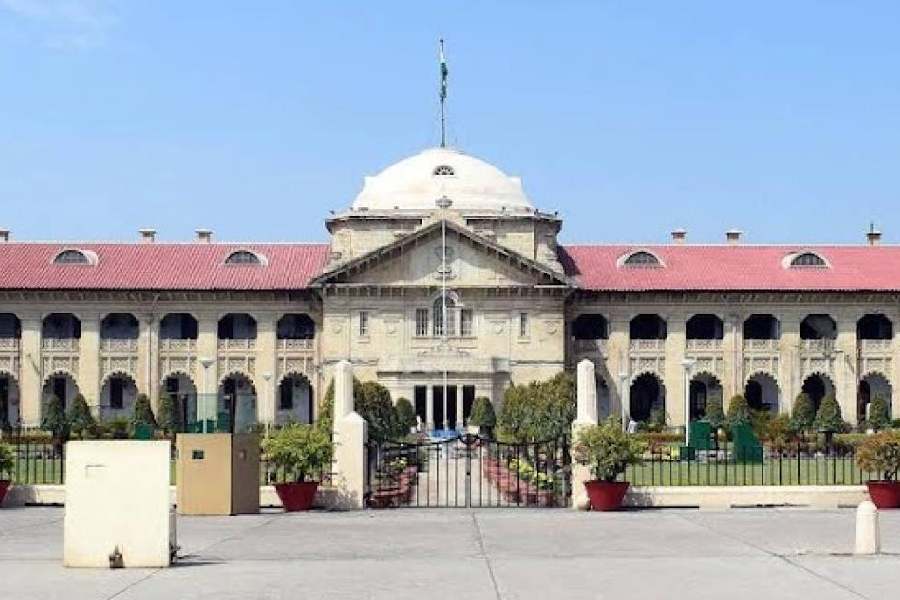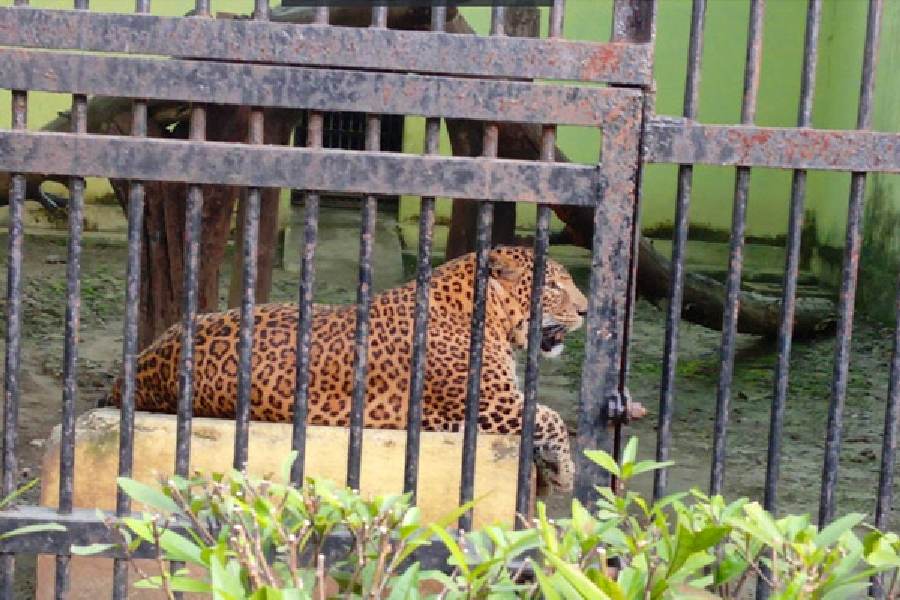Israel’s Mossad spy agency planted explosives inside 5,000 pagers imported by Lebanese group Hezbollah months before Tuesday’s detonations, a senior Lebanese security source and another source told Reuters.
The operation was an unprecedented Hezbollah security breach that saw thousands of pagers detonate across Lebanon, killing nine people and wounding nearly 3,000 others, including the group’s fighters and Iran’s envoy to Beirut.
The Lebanese security source said the pagers were from Taiwan-based Gold Apollo, but the company said in a statement it did not manufacture the devices. It said they were made by a company called BAC which has a licence to use its brand, but gave no more details.
Iran-backed Hezbollah has vowed to retaliate against Israel, whose military declined to comment on the blasts.
Hezbollah said in a statement on Wednesday that “the resistance will continue today, like any other day, its operations to support Gaza, its people and its resistance which is a separate path from the harsh punishment that the criminal enemy (Israel) should await in response to Tuesday’s massacre”.
The senior Lebanese security source said the group had ordered 5,000 beepers from Gold Apollo, which several sources say were brought into the country earlier this year.
Gold Apollo founder Hsu Ching-Kuang said the pagers used in the explosion were made by a company in Europe that had the right to use the firm’s brand, the name of which he could not immediately confirm.
The company in a statement named BAC as the firm, but Hsu declined to comment on its location.
“The product was not ours. It was only that it had our brand on it,” Hsu told reporters at the company’s offices in the northern Taiwanese city of New Taipei on Wednesday.
The senior Lebanese security source identified a photograph of the model of the pager, an AP924, which like other pagers wirelessly receive and display text messages but cannot make telephone calls.
Reuters











